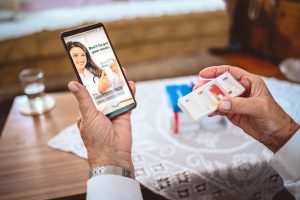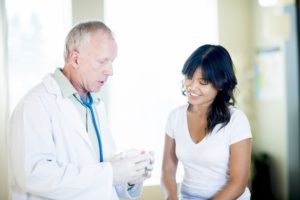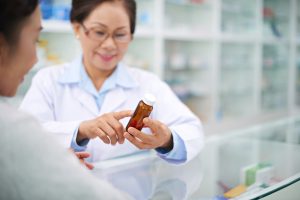The definition of medication adherence is taking medications as prescribed by a physician. This involves taking the correct dosage for the duration directed by your healthcare provider.
directed by your healthcare provider.
Failure to adhere to your prescription can result in health complications and potentially death. Each year, nonadherence results in numerous emergency department visits and hospital admissions, and approximately 125,000 preventable deaths. There are a few common reasons for non-adherence, they include:
- Forgetting to take medications
- Misunderstanding the instructions
- Difficulty taking medications. (Medications delivered by injections or inhalers may present challenges for some people)
- Medication costs
- Fear of side effects
- Concerns about dependency
- Doubt or mistrust of the medication benefits
- Failure to complete the entire course of treatment due to feeling better or not feeling better
Staying on track with your medications is important to your health. According to the Centers for Disease Control and Prevention, high adherence is associated with improved clinical outcomes for chronic disease management. Additionally, adherence can enhance a patient’s quality of life. Medication adherence can be improved by following these tips:
- Communicating challenges, questions, or concerns with your healthcare provider or pharmacist
- Ensuring that the instructions are understood
- Creating a routine
- Utilizing tools such as reminders or pill organizers
- Communicating changes in your health to your healthcare provider
Medication adherence can be challenging but is crucial for preventing disease progression and maintaining good health.
All content of this newsletter is intended for general information purposes only and is not intended or implied to be a substitute for professional medical advice, diagnosis or treatment. Please consult a medical professional before adopting any of the suggestions on this page. You must never disregard professional medical advice or delay seeking medical treatment based upon any content of this newsletter. PROMPTLY CONSULT YOUR PHYSICIAN OR CALL 911 IF YOU BELIEVE YOU HAVE A MEDICAL EMERGENCY.




